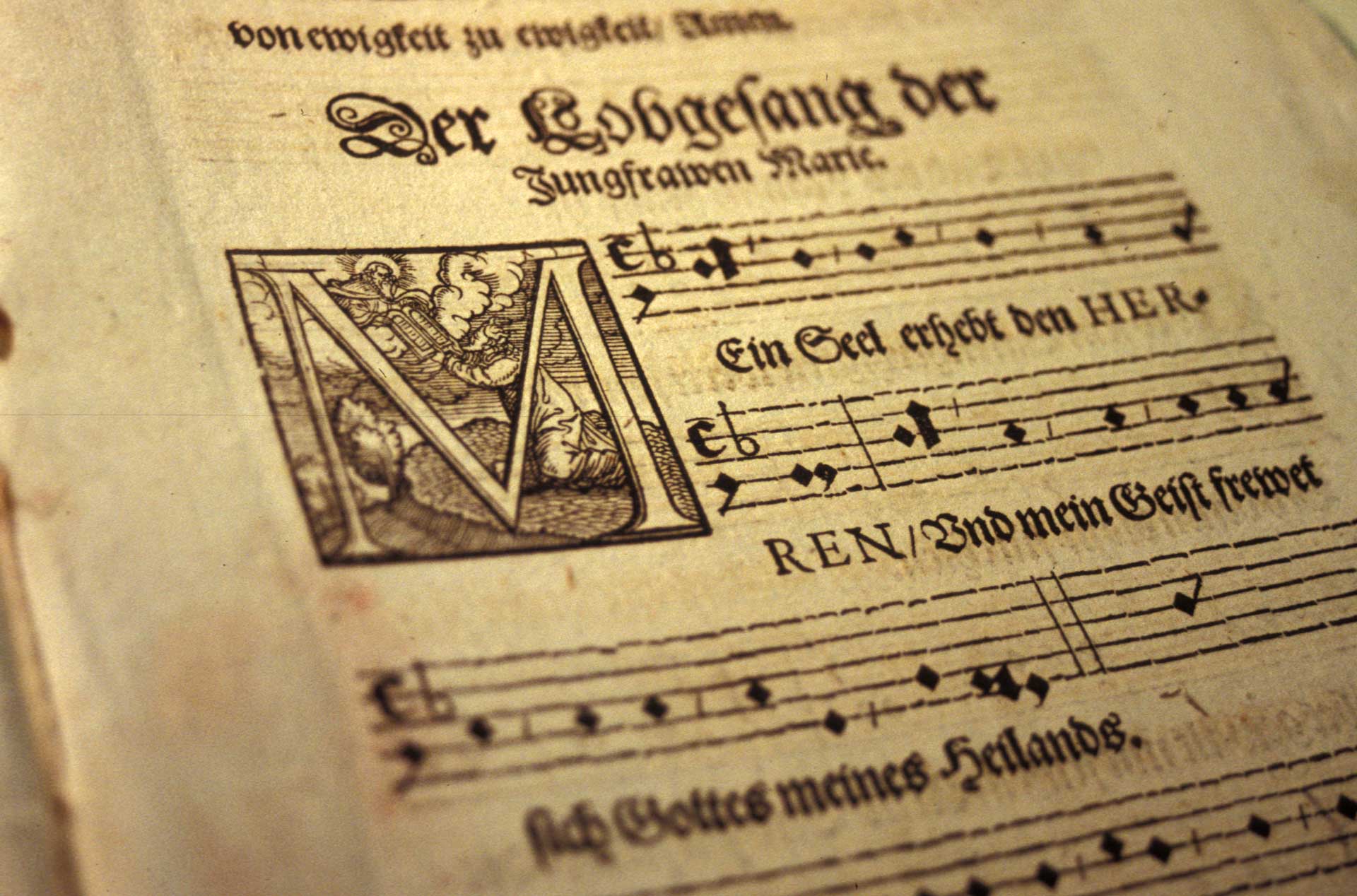
The Eastman Early Music Program provides instruction and performance opportunities on a wide range of instruments and musical styles for both graduate and undergraduate students.
The Eastman Early Music Program provides instruction and performance opportunities on a wide range of instruments and musical styles for both graduate and undergraduate students.
Instruction is available on the following instruments:
Masters and Doctoral degrees are available for historical plucked instruments (lute, theorbo, baroque guitar) and harpsichord. A strong program in early music, which includes Collegium Musicum and Baroque Chamber Music ensembles—as well as support courses such as baroque performance practice, continuo realization, lute literature and pedagogy, harpsichord performance and literature, and numerous theory and musicology courses—gives lute and harpsichord performance majors strong preparation for careers in early music performance.
In addition to major study the study of harpsichord and lute may be undertaken as a secondary discipline. Organists and pianists, as well as classical guitarists, have greatly benefited from such secondary study, significantly broadening both their musical horizons and career opportunities. The School’s fine variety of harpsichords permits an authentic approach to seventeenth- and eighteenth-century keyboard music and enhances the training of our students. Secondary instruction is also available on the School’s outstanding Viennese fortepiano; study on the pedal clavichord is incorporated in the curriculum for organ majors and is available to other keyboardists as well.
Students are encouraged to explore not only solo literature but also chamber music and continuo playing in Eastman’s early music ensembles.
In addition to instruction from the internationally acclaimed full- and part-time faculty, master classes featuring visiting artists are presented regularly. Guests have included Andrew Manze, Gustav Leonhardt, Emma Kirkby, Roger Norrington, Bruce Dickey, Reinhard Goebel, Robert Mealy, Petra Müllejans, Jeanne Lamon, Ellen Hargis, Julianne Baird, Stephen Stubbs, Sigiswald and Wieland Kuijken, Anner Bylsma, Crispian Steele-Perkins, Charles Toet, and Niklas Eklund.
The Early Music Program owns a sizeable collection of period instruments available for student use. These instruments include: baroque violins, violas, and cellos; a set of viols; baroque oboes, bassoon, flutes and recorders, cornets and sackbuts, and natural horns; and a wide array of different harpsichords and organs, a pedal clavichord, and Viennese and English fortepianos.
Graduates of the program perform professionally with leading early music ensembles and musicians all over the world, including Tafelmusik, Les Arts Florissants, William Christie, John Eliot Gardiner, Ton Koopman, Reinhard Goebel, Christopher Hogwood, Philippe Herreweghe, Frans Brüggen, and others.

Professor of Musicology